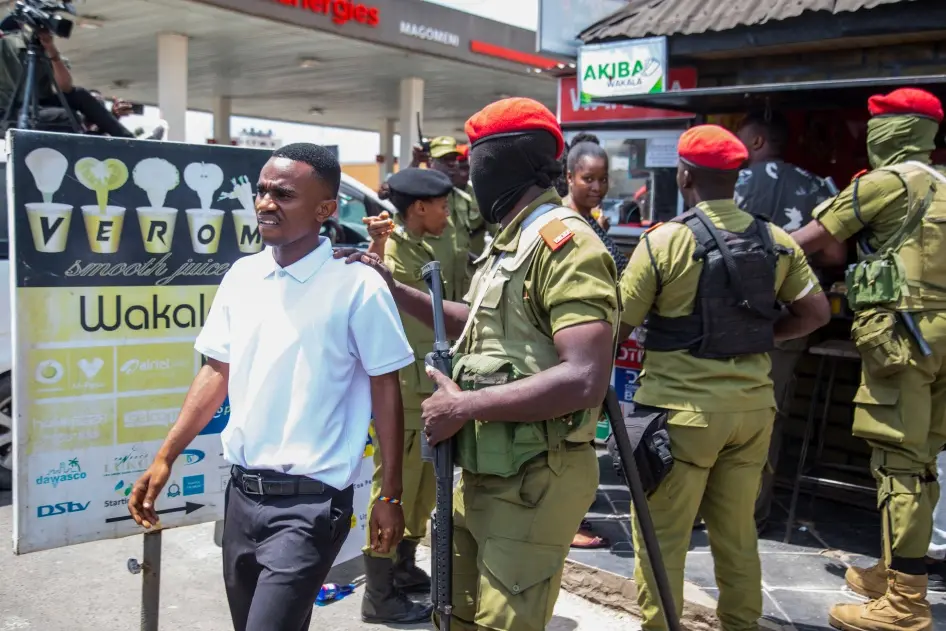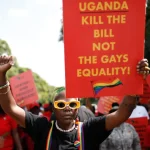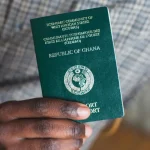Human Rights Watch has called on the Tanzanian government to take urgent steps to reverse the deteriorating human rights situation in the country ahead of forthcoming local elections in mainland Tanzania on November 27, 2024.

According to Human Rights Watch, Since June the authorities have arbitrarily arrested hundreds of opposition supporters, imposed restrictions on social media access, banned independent media, and have been implicated in the abduction and extrajudicial killing of at least eight government critics.
“The Tanzanian authorities have shown increasing intolerance for free speech by clamping down on their critics and the political opposition,” said Oryem Nyeko, senior Africa researcher at Human Rights Watch. “The government should urgently stem the tide of repression or risk escalating an already tense political environment.”
On June 23, four unidentified men in civilian clothes abducted Edgar Mwakabela, a social media commentator known as Sativa, in Dar es Salaam. Mwakabela said the abductors took him to Oysterbay Police Station in Dar es Salaam, where they interrogated him overnight while he was handcuffed about his role in mobilizing a traders’ boycott and his relationship with political opposition leaders.
The next day, the police drove Mwakabela to a police station in Arusha, where they beat him over several hours. Four days after abducting him, they shot him in the jaw and dumped him in a swamp in Katavi National Park, 1,000 kilometers away.
On July 15, police confirmed they had detained Kombo Mbwana, an official of the main opposition party, the Party for Democracy and Progress (Chama Cha Demokrasia na Maendeleo, Chadema), in Handeni district, Tanga region, after his disappearance on June 15. The authorities brought charges against him on July 16 for allegedly failing to provide sufficient information regarding his SIM card account, under section 126 of the Electronic and Postal Communications Act.
Mbwana’s detention without charge for 30 days after his family reported his disappearance far exceeds the 24-hour limit required by law, constituting an enforced disappearance. On September 5, a court denied Mbwana bail, and he remains in detention pending trial.
Chadema has reported the apparent enforced disappearance of at least two additional officials, including Dioniz Kipanya, an official in Sumbawanga district, Rukwa region, reported missing on July 26, and Deusdedith Soka, a youth leader whom a group of men reportedly abducted on August 18 alongside his secretary, Jacob Godwin Mlay, and Frank Mbise, a motorcycle taxi driver.
A week earlier, police had arrested and released Soka alongside hundreds of Chadema supporters and several journalists, ahead of an International Youth Day celebration organized by the party in Mbeya.
Tanzania’s President Samia Suluhu Hassan (center-right), inspects the honor guard after being sworn in at a ceremony at State House in Dar es Salaam, Tanzania, March 19, 2021. © 2021 AP Photo
On August 2, Shadrack Chaula was reported missing by his family, one month after his conviction for “insulting” President Samia Suluhu Hassan and burning a photo of her in a video posted on his TikTok account. Chaula has been released on July 8 after paying the court-imposed fine.
On September 7, the body of Ali Mohamed Kibao, a Chadema party official who was reported missing a day earlier, was found beaten and doused with acid. President Suluhu Hassan ordered an investigation, but no arrests have been made.
The authorities have also cracked down on those raising concerns about these enforced disappearances, Human Rights Watch said.
In August, after Chadema announced a rally in Dar es Salaam to protest the government’s inaction following the abduction of its supporters, the police banned the demonstrations, threatening to “deal with” people who did not comply. On September 23, police arrested and later released on bail the party leaders Freeman Mbowe and Tundu Lissu, as well as other party members, ahead of the planned rally.
In early September, the monitoring organization Netblocks confirmed that Tanzania had restricted access to the social media platform X. The site was blocked as Tanzanians engaged in social media discussions around the disappearances.
On October 2, the Tanzania Communications Regulatory Authority suspended the online license of Mwananchi Communications Ltd, the publisher of Tanzania’s primary English and Swahili newspapers, after it published an animated video depicting President Suluhu Hassan watching news reports about the abductions. The authority claimed the video “threatens and is likely to affect and harm national unity and social peace” in Tanzania.
These oppressive measures mirror the pre-election climate ahead of the October 2020 general elections, when there was a marked deterioration in freedoms of expression and association and other human rights. The authorities arbitrarily arrested scores of opposition party leaders and supporters, suspended media outlets, censored mobile phone communications, and blocked social media.
On the eve of those elections, police fired live ammunition into crowds in Zanzibar, killing at least nine people, while security forces, alongside a government-aligned militia, beat and harassed residents and arbitrarily arrested opposition supporters, detaining and torturing them for weeks. The next general elections are scheduled for late 2025.
President Suluhu Hassan, who assumed office following the death of President John Magufuli in March 2021, took some initial measures to respond to rights concerns and to open up the space for the political opposition and media. The Tanzanian authorities, however, have yet to seriously investigate or prosecute anyone for those abuses, especially in Zanzibar.
“At this critical time, the Tanzanian authorities should take urgent steps to uphold human rights and ensure that the forthcoming elections are free and fair,” Nyeko said. “President Samia Suluhu Hassan should ensure a prompt and impartial investigation into the disappearances of her critics and put an end to the ongoing clampdowns on her political opponents and independent media.”






